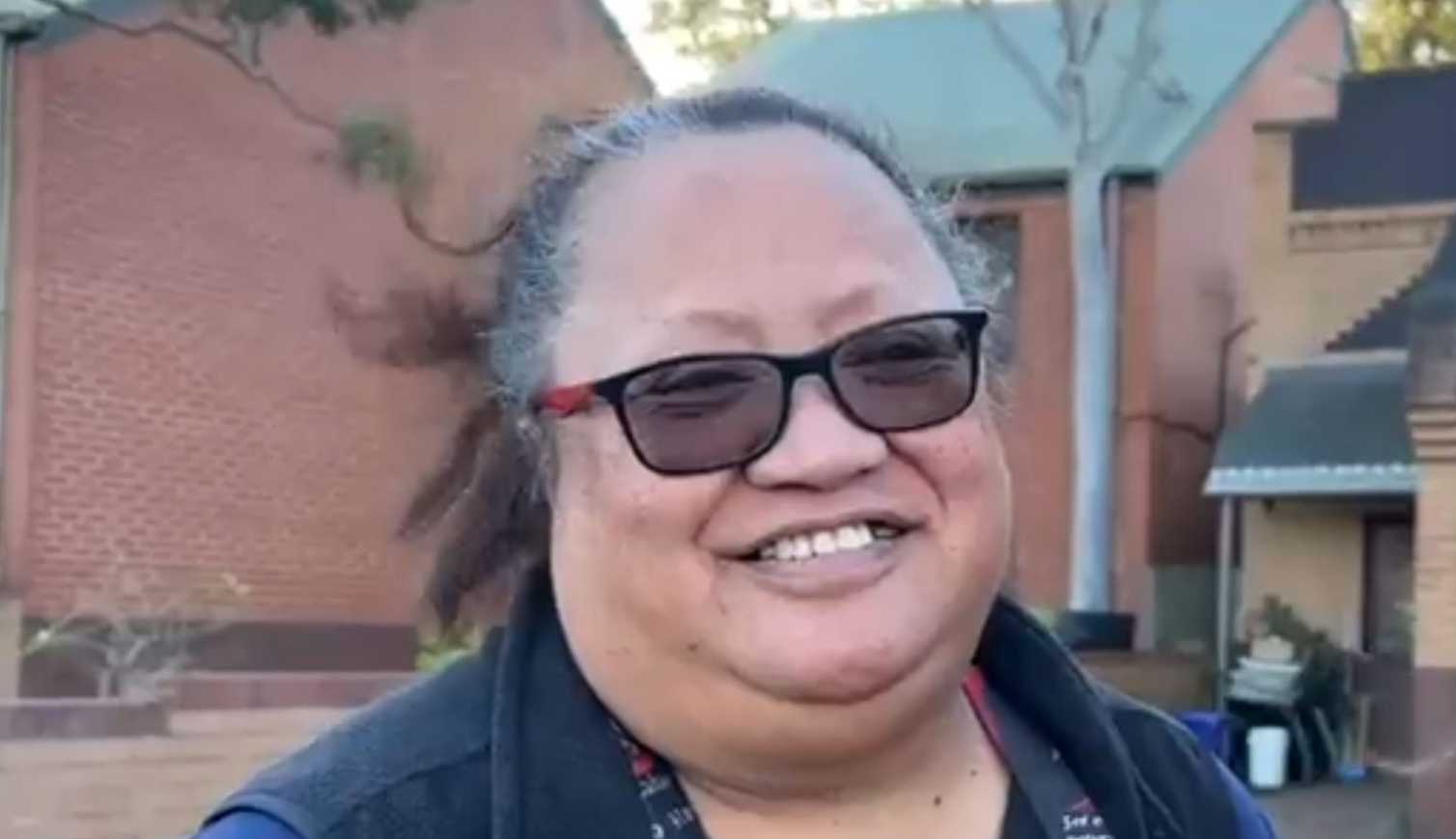
Pandemic blow to renter mental health
By ALLISON HORE
More than half of renters in Australia have experienced worse mental health outcomes during the pandemic as a result of their living situation, new data reveals.
A survey of 15,000 tenants revealed factors such as loss of income, inability to pay rent, insecure leases and eviction risk- coupled with lockdowns and social isolation- led to “widespread” mental health effects among renters.
The data comes as part of a report into the experiences of renters during the COVID-19 pandemic released by the Australian Housing and Urban Research Institute on Friday. It was put together by twenty leading researchers from across Australia.
Professor Emma Baker from The University of Adelaide was the lead author of the publication. She said the pandemic has served as a reminder of how important housing is to people’s mental wellbeing.
“The COVID-19 pandemic has provided a stark reminder of how we are housed, where we are located, the quality, security and amenity of our housing, impacts on our health, wellbeing and economic productivity,” she said.
According to the 2016 Census, 27 per cent of Australians were renting their home. In Sydney, renters make up an even greater proportion of the population with more people renting than owning their home outright. According to a 2018 report by the Committee for Sydney, around 65 percent of residents in the suburbs of Redfern-Chippendale, Potts Point-Woolloomooloo and Pyrmont-Ultimo were renters.
A “complex game of chicken”
Early on in the pandemic enforced rental moratoriums and reductions were ruled out, with the government instead encouraging renters to come to individual agreements with their landlord. But not all renters felt comfortable with this, reporting they had contractual obligations or feared negative repercussions.
“Many tenants do not feel that they can ask for rent reductions out of fear of negative consequences, most frequently eviction,” said Akshay Vij, a researcher from the University of South Australia.
“This suggests that current tenancy protection measures could potentially be strengthened to safeguard the interests of existing tenants, and to redress the imbalance of power between tenants and landlords in the country.”
Only 17.5 percent of those renters surveyed asked their landlord or agent for a rent reduction. But even those renters who made the effort to reach out were often met with less than compromise on the part of their landlord.
Dulwich Hill local, Brandon, told City Hub he lost his job at the start of the pandemic. When a colleague quit and JobKeeper was rolled out, Brandon was able to get his job back. During his ordeal he tried to negotiate with his landlord for a reduction in his rent, but was rejected.
“We didn’t want to move but with our landlord not budging on rent when we tried to negotiate, we were forced to leave,” he explained.
“I do think that there are landlords out there who are fair, but I did not enjoy the complex game of chicken that my old landlord wanted to play.”
Brandon wasn’t alone in his struggle to negotiate with his landlord, according to the AHURI survey, roughly one-in-three requests for rent reduction were declined by landlords and agents.
Increasing inequality
Lower-income households had particular difficulty negotiating rent with their landlords and often reported their property was unsuitable for work or study from home arrangements. Almost a quarter of renters with an income below $31,000 said their landlord or agent were “not helpful at all”.
Peter Phibbs, a researcher from the University of Sydney, said the daunting process of negotiating rent reductions only exacerbated existing stresses felt by renters.
“While the freeze on evictions was a good initiative, the arrangements for negotiating a rent reduction were not clear to all key stakeholders,” he said.
“For some tenants, the stress of negotiating rent reductions added to the other financial stresses that the pandemic generated.”
Fortunately, Brandon and his partner were able to find a new place just around the corner from where they were renting- for $175 a week cheaper. He says since moving out the property he was renting had been relisted by the agent at the same price he had been trying to negotiate to.
Full toll yet to be revealed
Rebecca Bentley from the University of Melbourne said renters have been particularly vulnerable to the effects of the economic shutdown. She noted over 50 percent of renters reported experiencing worse mental health during the pandemic and attributes this partly to the insecurity and financial strain felt by renters.
“Financial strain and affordability and security concerns for people in the rental housing market have the strongest association with people’s odds of reporting worse mental health,” she explained.
Brandon, who has been diagnosed with depression, says he is “in a good place now” but the stress of losing his job and trying to negotiate with his landlord took a huge toll mentally.
“Thankfully I had a support network in my partner and her family,” he explained.
“But my mental health was not great, having the lack of empathy from my landlord while being suddenly out of work sent me in a bit of a downward spiral.”
But the economic stress of the pandemic is yet to be fully realised by some tenants. Access to savings and superannuation as well as temporary government measures such as a higher JobSeeker rate, JobKeeper payments, rent deferment, and eviction moratoriums mean, for some, the worst is yet to come.
“JobSeeker, JobKeeper and rental assistance will provide some relief to tenants, however, longer term solutions are required,” said Ms. Bentley.









